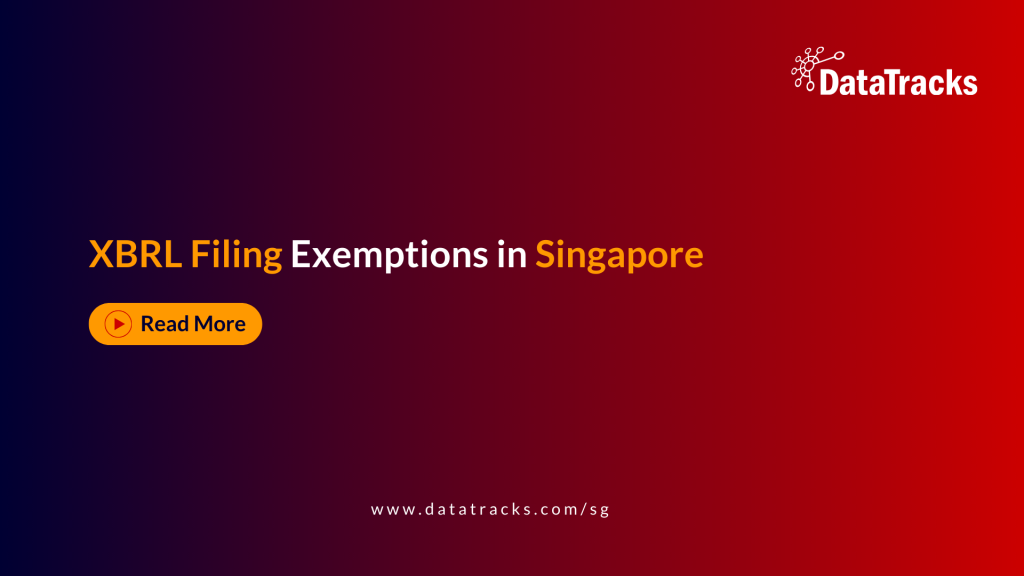ESG plan in Singapore
Environmental, social, and governance (ESG) standards are emerging as critical factors for corporate success globally. Singapore’s measures to ensure that these practices are followed have led to the creation of an ESG roadmap. This roadmap aligns with the Singapore Green Plan 2030 to promote business responsibility and sustainability reporting.
The Accounting and Corporate Regulatory Authority (ACRA) and the Singapore Exchange Regulation (SGX RegCo) have enabled climate-related disclosures to enhance companies’ sustainability frameworks. These ESG disclosures will be mandated using a phased approach.
Who is Affected?
All listed issuers and large NLCos (annual revenue of at least $1 billion and total assets of at least $500 million, unless exempted) will be required to file yearly CRD reports in the XBRL format. The timeline for the implementation of these requirements is as follows:
Requirements | Listed Issuers | Large NLCos |
CRD, including Scope 1 and 2 GHG emissions | FY2025 | FY2027 |
CRD for Scope 3 GHG emissions | FY2026 | Not before FY2029 |
What to Report?
Businesses must disclose information about climate change following the International Sustainability Standards Board’s (ISSB) guidelines. This includes information about their greenhouse gas (GHG) emissions and other environmental effects. Companies also have to follow the International Financial Reporting Standards (IFRS) S1 to create these reports. These standards define the process of preparing content and reporting sustainability-reported financial disclosures.
The specific timeline for reporting Scope 3 GHG emissions (indirect emissions) for large NLCos will be provided later.
Auditing Requirements
The timeline for obtaining external limited assurance (a form of audit) for their Scope 1 & 2 GHG emissions is as follows:
- Listed issuers: FY2027
- Large NLCos: FY2029
Who Can Be a Climate Auditor?
Not every audit firm can conduct climate audits. To audit these disclosures, a firm should fulfil the following requirements:
- Audit firms registered with ACRA.
- Testing, Inspection and Certification firms accredited by the Singapore Accreditation Council.
Reporting Timeline
Climate-related disclosures should be filed at the same time as the company’s financial statements. Listed issuers must follow the existing timeline for the first year. They can apply for an extension to report or file CRD and financial statements at the annual general meeting.
Exemptions from Reporting
Large NLCos may be exempt from reporting in the following situations:
- Its parent company reports CRD using ISSB-aligned local reporting standards or equivalent standards (the European Sustainability Reporting Standards)
- Its parent company reports CRD using other international standards and frameworks from FY2027 to FY2029, including both years.
Conclusion
The ESG roadmap in Singapore is an important first step in creating a sustainable corporate climate. Singapore seeks to ensure that businesses are responsible for their environmental and social effect by enforcing thorough ESG disclosures and implementing international standards. This program will improve transparency and assist companies in complying with global sustainability standards.
If you are looking for a trusted partner for ESG reporting, DataTracks can be your top choice. The professionals offer advanced reporting solutions that comply with the ISSB guidelines for seamless preparation and submission of climate-related disclosures. Their proficiency in regulatory compliance can help companies ensure accuracy and efficiency in meeting the new requirements.



